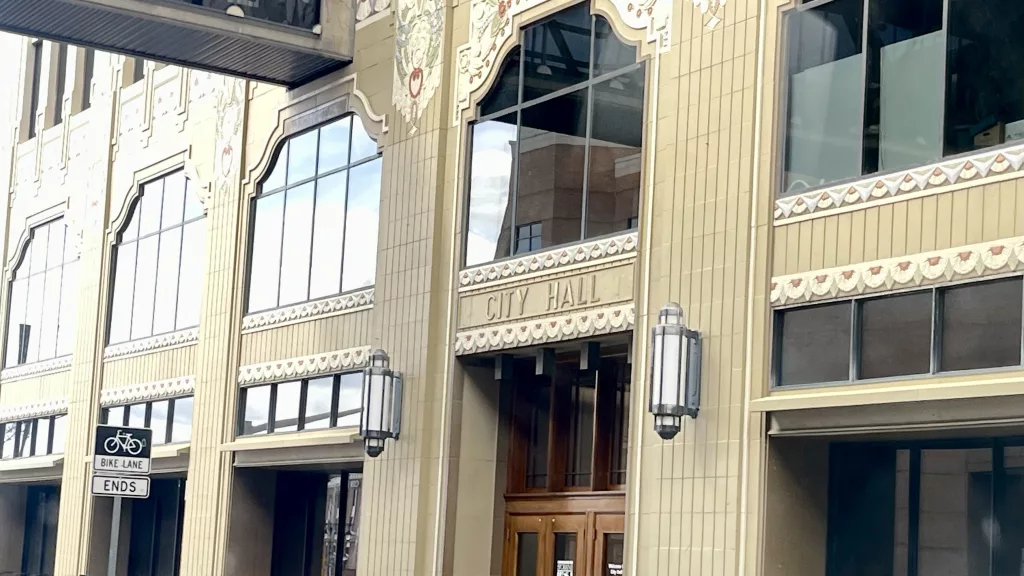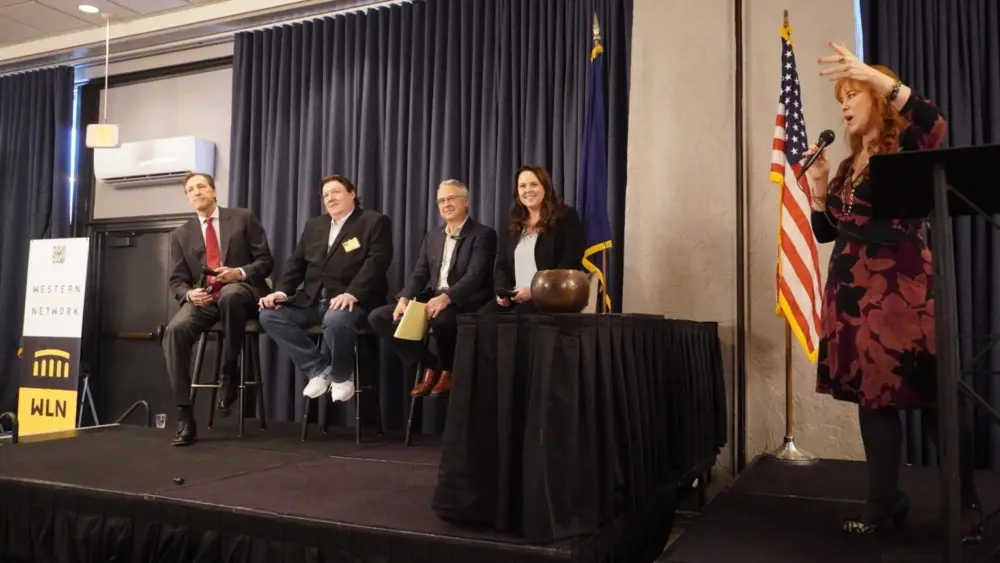SPOKANE, WA – Despite threats over federal funding, the Spokane City Council voted Monday to ban U.S. Immigration and Customs Enforcement agents from entering permitted events without a warrant.
The move follows warnings from President Donald Trump and U.S. Attorney General Pam Bondi that sanctuary jurisdictions could lose federal funding for impeding immigration enforcement. The U.S. Department of Justice didn’t include Spokane in its latest list, but it did mention the state and Seattle.
The Aug. 5 list is only the start, as the Trump administration plans to expand it as the DOJ gathers more information. Federal judges have blocked efforts to divert federal funding so far, but if another one clears the way, Spokane could lose millions of dollars if the city ends up on a future DOJ list.
“Can’t get much clearer than the chief of police telling you that this is unenforceable and it is going to create a false sense of security,” Councilmember Michael Cathcart said. “Individuals will believe that they are protected by a mere vote of this council that has no power — no power over the federal government.”
Spokane Police Chief Kevin Hall met with the council shortly before its legislative session and said that the ordinance is very limited and narrow. He said the Spokane Police Department wouldn’t have a role in enforcement, and worries about a breach of trust with residents if they think officers can do more.
The ideologically divided council still passed the law 5-2, with Cathcart and Councilmember Jonathan Bingle voting in opposition. It essentially allows city officials to designate permitted events on public right-of-ways as nonpublic areas that require express permission to enter, including federal agents.
If immigration authorities lack a warrant, they can’t enter unless the organizer permits them to do so.
“That’s the problem. I think people think we have a much larger role in particularly enforcement where we don’t,” Hall told the officials. “SPD cannot and will not interfere with federal immigration enforcement.”
He said that if an event organizer did call 911 about a violation, his officers would respond, but only to preserve peace and ensure the safety of everyone present. Three residents testified in opposition to the proposal, citing a need to focus on more dire priorities, while eight other people testified in support.
Sarah Dixit, who is running against Bingle for his seat this fall, said all it does is introduce a permitting process to designate certain areas as nonpublic. The law doesn’t stop state and local law enforcement from doing their jobs. She said it just means people can gather without the fear of being detained.
The proposal initially came from former Councilmember Lili Navarrete, who resigned on June 30. She left the dais the same day her peers rejected the idea. It came up as an emergency ordinance, which requires a five-member majority to pass. However, Navarrete’s replacement helped push it through this time.
“This is just a small step that we’re able to take that creates that mechanism for folks to feel a little bit safer,” interim Councilmember Shelby Lambdin said Monday, “but also sends a really big message.”





